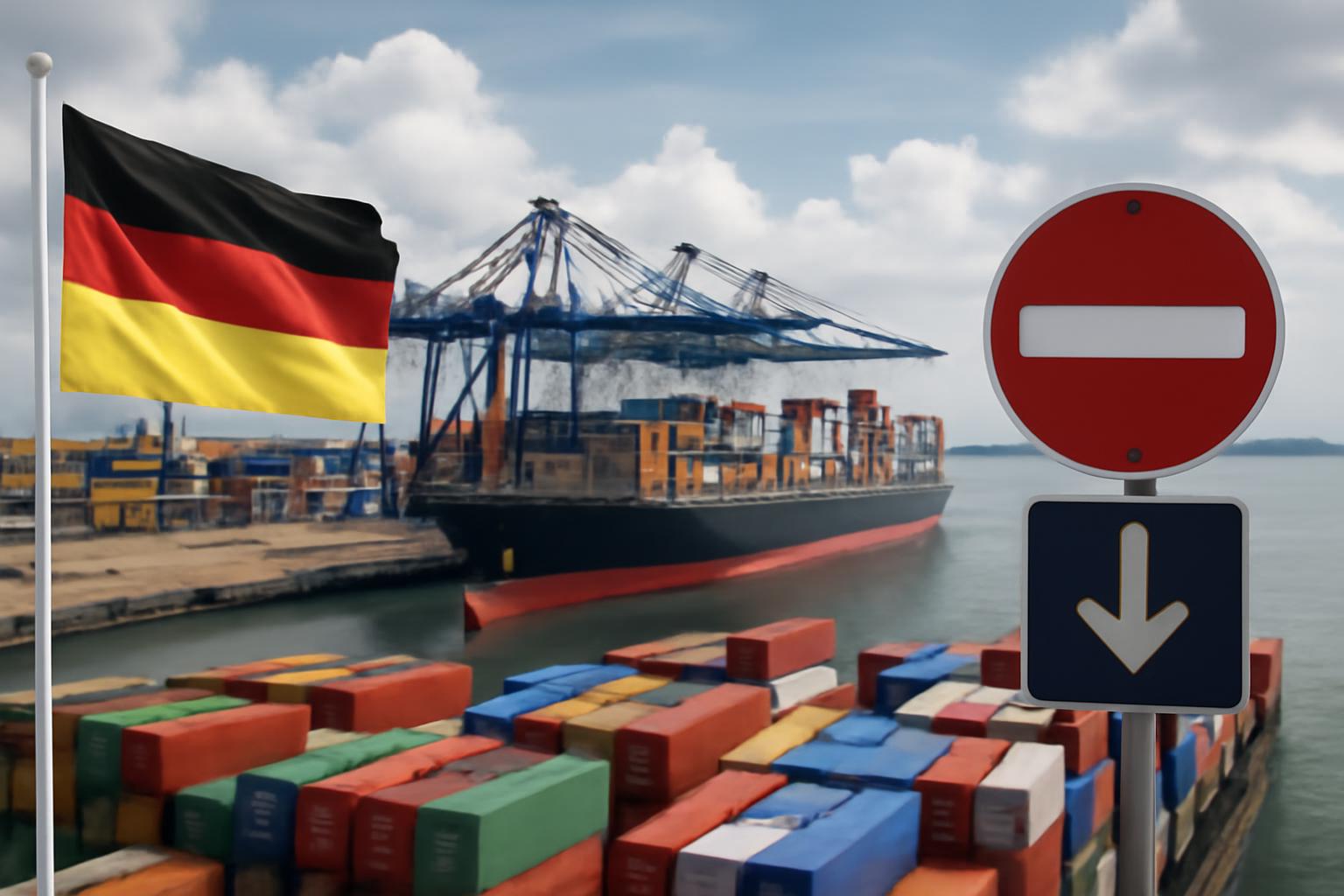Germany’s export performance in June, outstripping expectations in the aggregate, is undoubtedly a welcome reprieve for many vested in the fortunes of European commerce. But beneath the headline growth lies a critical dilemma. The persistent decline of exports to the United States—triggered by President Trump’s arbitrary escalation of tariffs—demonstrates in vivid relief the folly and danger of protectionist policies. Restrictive measures, whether justified by domestic politics or nationalist posturing, only serve to fragment the international division of labor that has so long been the wellspring of prosperity and peace on this continent and beyond.
How short is our memory, that we must relearn the lesson of trade’s virtue with each new administration! The hastily imposed barriers to German products in America have, predictably, led to distortions: the advance of shipments, sudden slumps, and now the specter of a protracted decline in transatlantic commerce. These are but textbook examples of how government intervention warps the market order and undermines economic calculation. Who profits from this? Surely not the German worker, nor the American consumer, both of whom are now compelled to adjust to artificial scarcities and rising prices.
That Chinese and European demand has, for the moment, compensated for lost American sales is no cause for self-congratulation. It is a mere shifting of partners, not a true expansion of opportunity. Commerce is not a zero-sum game. The more borders are thrown open to unfettered exchange, the broader the market for mutually beneficial cooperation. Any narrowing, any retreat to economic nationalism, is a step back toward the very uncertainties and antagonisms that free trade has done so much to dispel.
Meanwhile, the import surge into Germany and signs of domestic demand might hint at resilience, but the gloomy figures for industrial output paint a truer picture: uncertainty, disruption, and a sapping of productive energies. The fluctuation of shipments, artificially pulled forward to beat tariffs, and the subsequent lull—these are not the signposts of healthy, spontaneous order. Rather, they reflect a system forced into unnatural rhythms by the unpredictable whims of policymakers.
The news that scores of firms plan major investments in Germany presents a glimmer of hope. It signals that, despite the turbulence wrought by protectionist folly, the underlying strengths of an open, rule-based market economy remain intact and attractive. Yet let us not be complacent! The true test for Germany and Europe at large is whether they will continue to stand as champions of liberal internationalism, or succumb, piecemeal, to the creeping advances of directed, nationalist economic policy.
Let us say it plainly: the way to recovery and enduring prosperity is not through higher walls, tariffs, and bureaucratic interference, but through the renewal of the principles of free exchange and competition. Only then can we hope to avoid the sins of the past and secure a future of ever wider opportunity.
